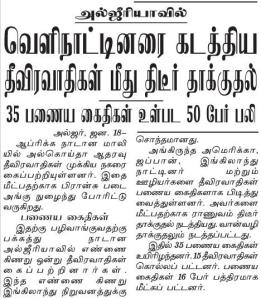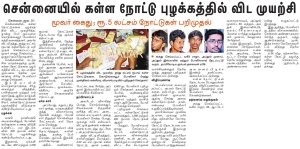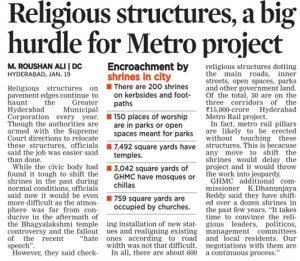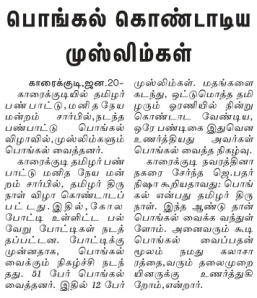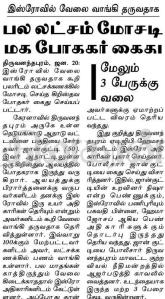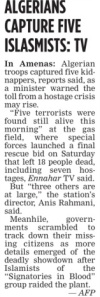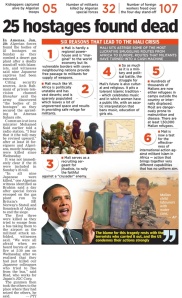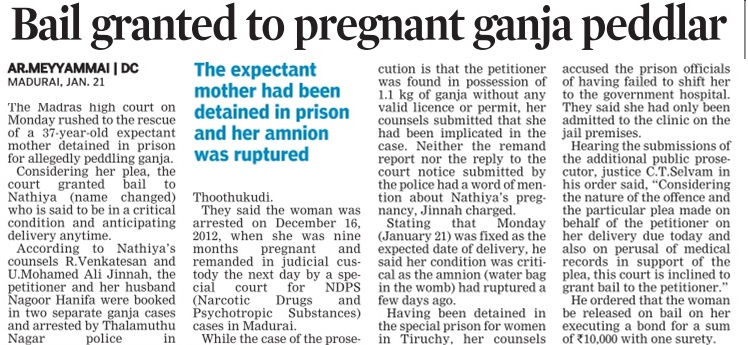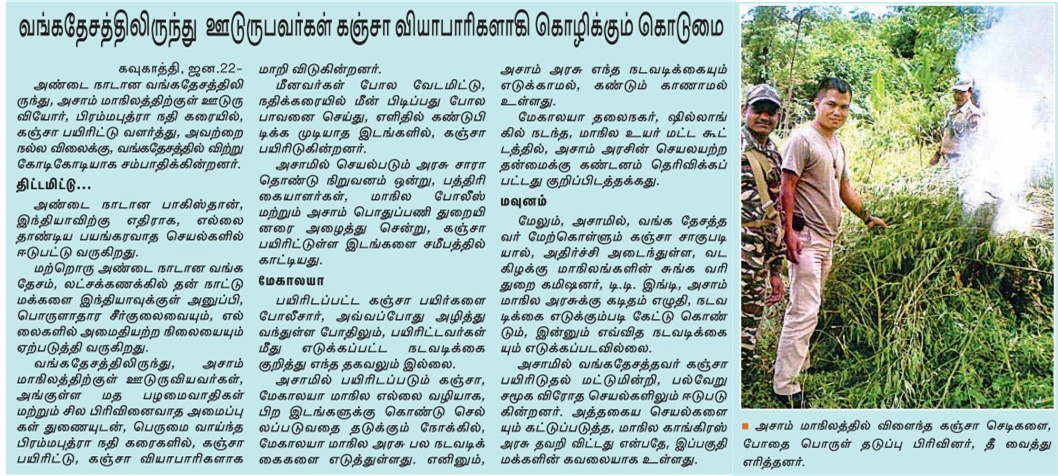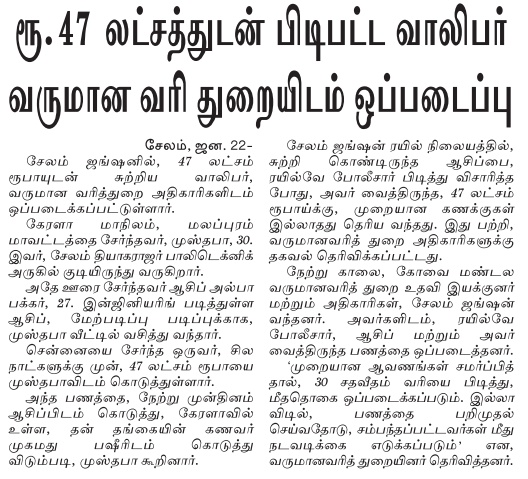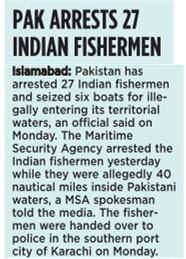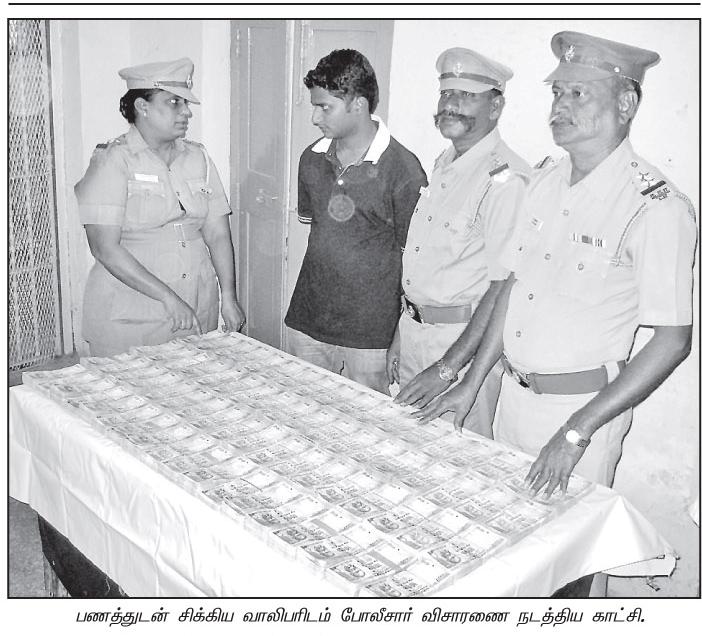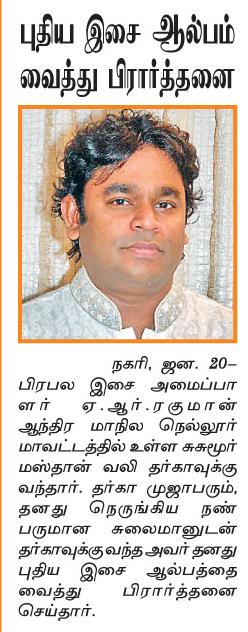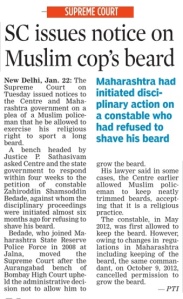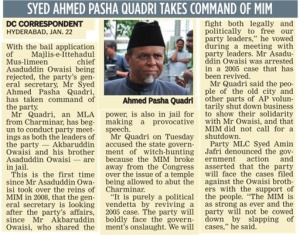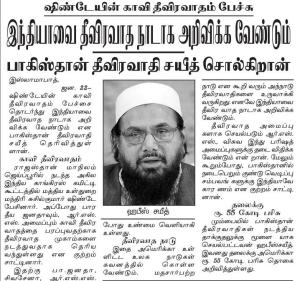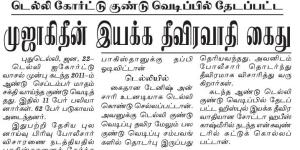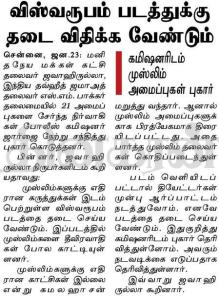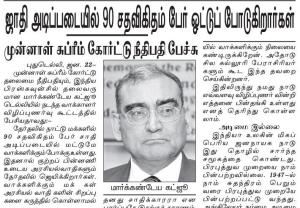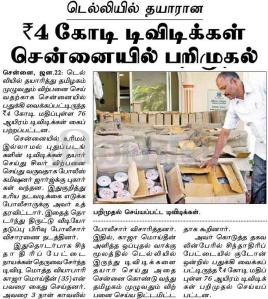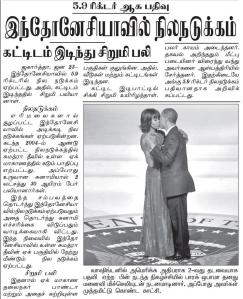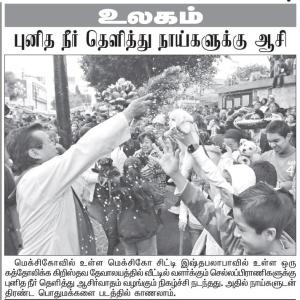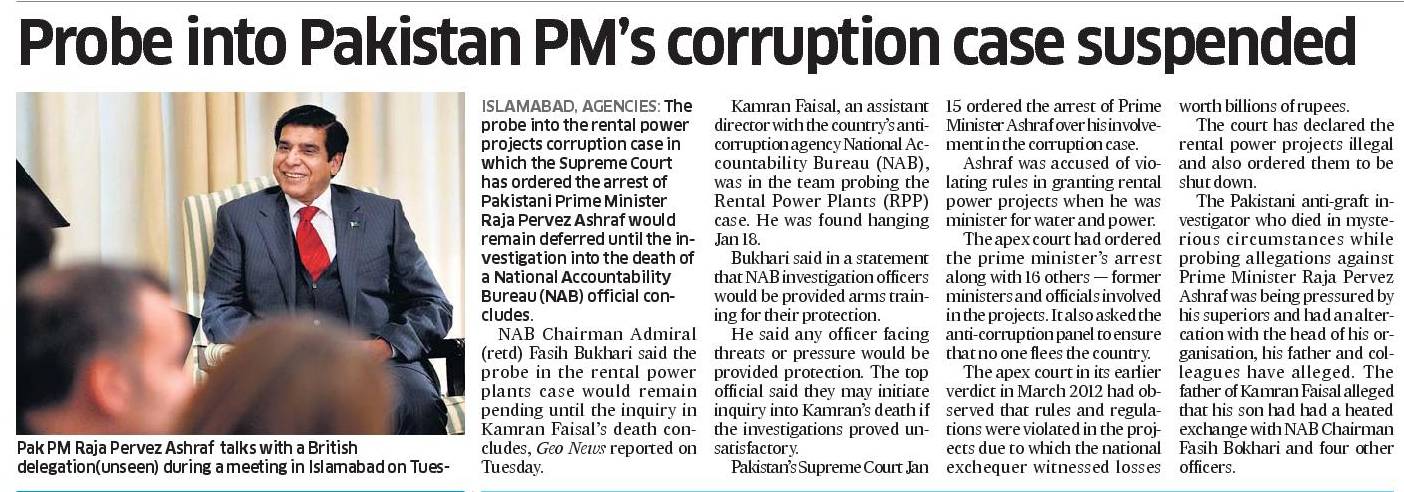TNN | Jan 15, 2013, 03.53 AM IST
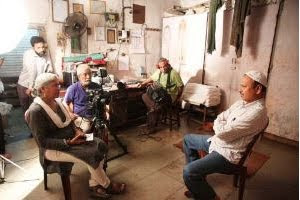 Last month, the mention of 'Chhota Pakistan' in the electricity bills of the residents of Santosh Bhuvan in Nalasopara (E) had led to uproar in the Vasai Virar Municipal Corporation ( VVMC) general body meeting.
Last month, the mention of 'Chhota Pakistan' in the electricity bills of the residents of Santosh Bhuvan in Nalasopara (E) had led to uproar in the Vasai Virar Municipal Corporation ( VVMC) general body meeting.MUMBAI: A settlement in Bhayander (W), named as 'Bangladesh zopadpatti' on government documents, has recently come to light. Interestingly, the slum has been carrying the name for over 35 years and is occupied mostly by people from the interiors of Maharashtra.
Civic officials and residents of the slum, however, have not found anything objectionable in the use of the word 'Bangladesh' while referring to the locality. Two other 'Bangladesh' exist in Utan and Chowk villages of Bhayander (W). Here too, the occupants are from rural Maharashtra and have
been staying in the locality post-Independence.
Last month, the mention of 'Chhota Pakistan' in the electricity bills of the residents of Santosh Bhuvan in Nalasopara (E) had led to uproar in the Vasai Virar Municipal Corporation ( VVMC) general body meeting.
The 'Bangladesh' came to light when the health department of the Mira Bhayander Municipal Corporation ( MBMC) issued a birth certificate last month to a resident of a Gandhinagar slum, near the Subhash Chandra Bose ground in Bhayander (W). The 700-odd hutments have been in existence since the past 35 years. The slums here have names like Ambedkar Nagar, Bholanagar and Anandnagar.
Over 4,000 people reside in the hutment and have ration cards, Unique Identification ( UID) cards, PAN cards all carrying the address with the word 'Bangladesh'. Said Leo Colasao, Mira-Bhayander district president of Congress, "The occupants of the slums are from Amravati, Yavatmal, Nanded and other districts of Maharashtra. No one knows how these places came to be referred to as Bangladesh. No one has ever raised any objection."
Residents say that no Bangladesh national lives in any of these slums. A number of illegal Bangladeshis, however, have been fished out of various hutments in Mira-Bhayander.
Civic officials said that the term Bangladesh was being used even before the municipality came into existence. Officials said that no objections were ever raised by the residents of these slums. A few corporators have now hinted at taking up the issue in the civic house.
http://timesofindia.indiatimes.com/city/mumbai/This-Bangladesh-houses-rural-Maharashtrians/articleshow/18026714.cms
















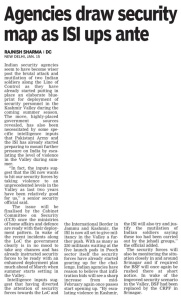





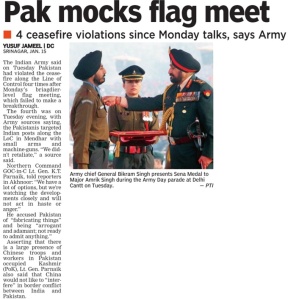

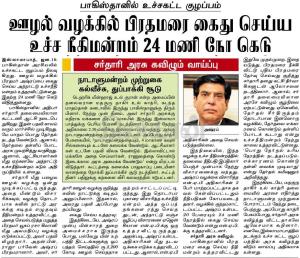
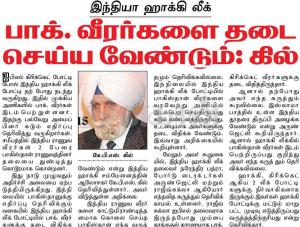



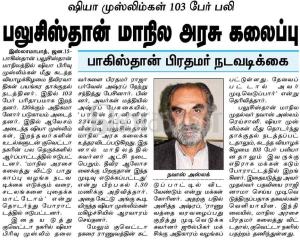



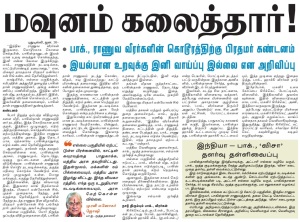

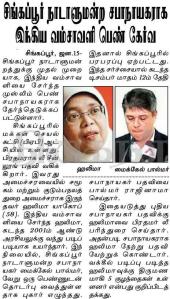
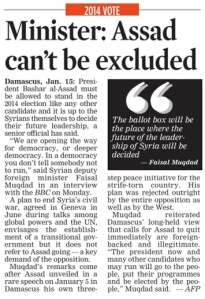


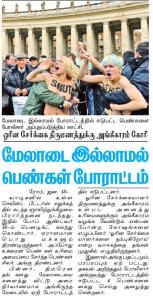






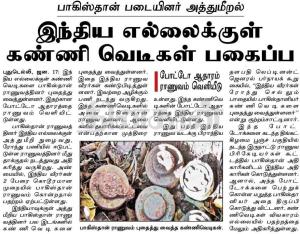


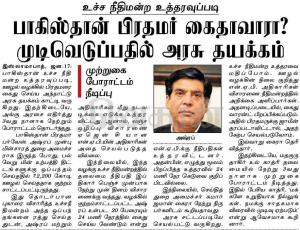






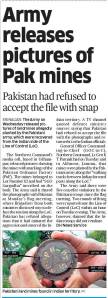
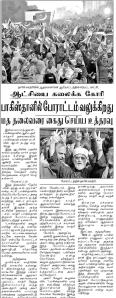









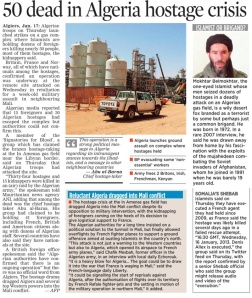
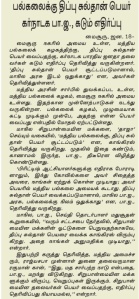
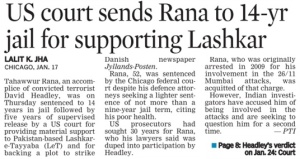






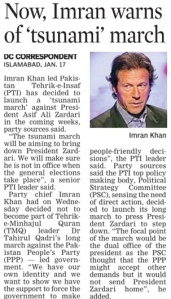


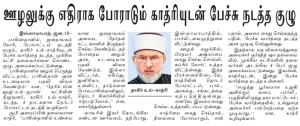



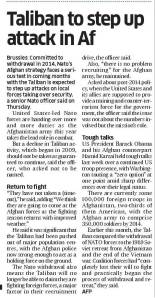


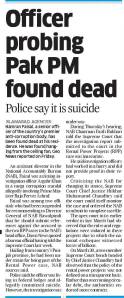
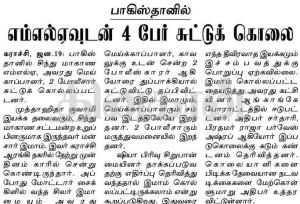

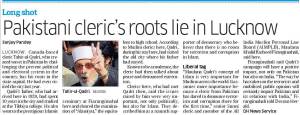













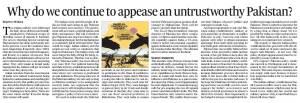
 c
c




